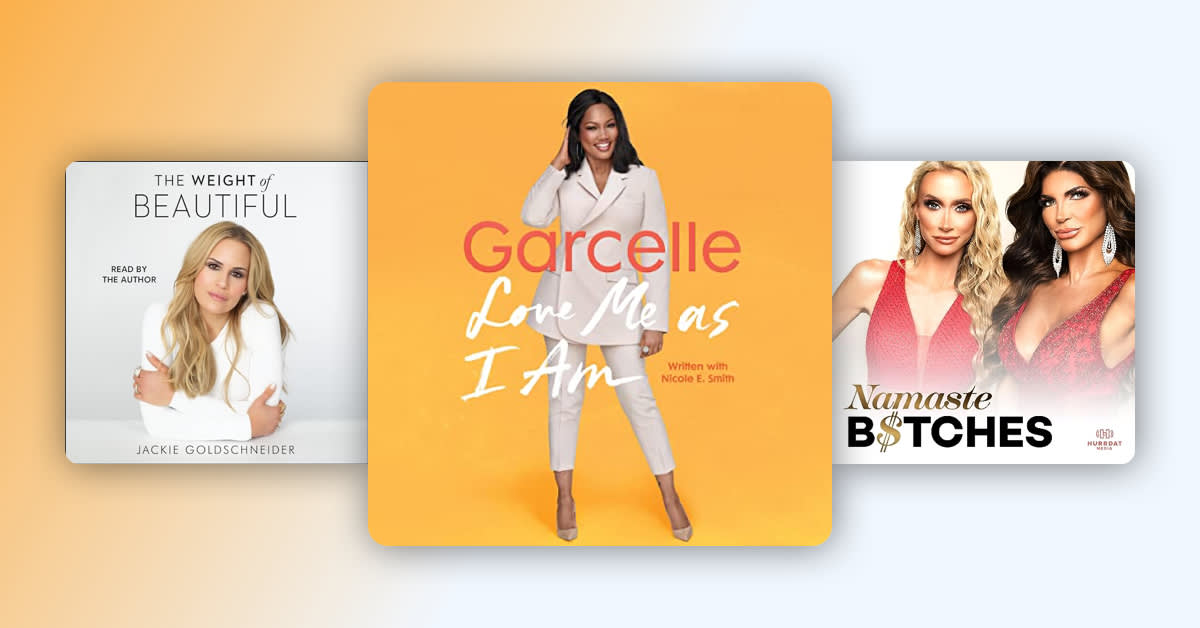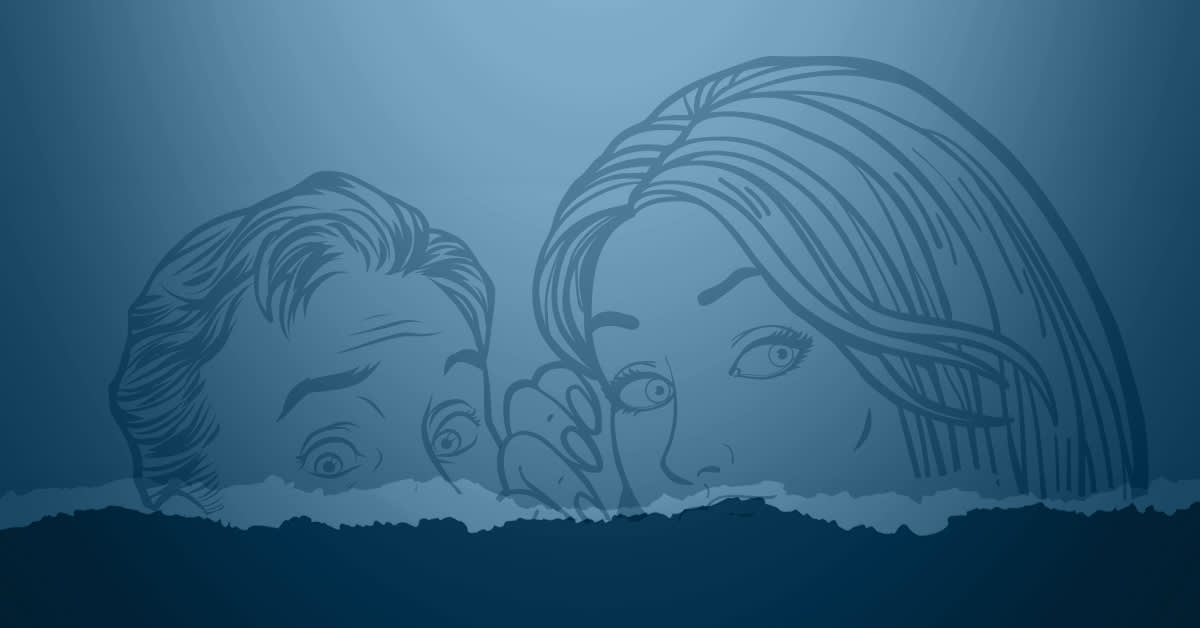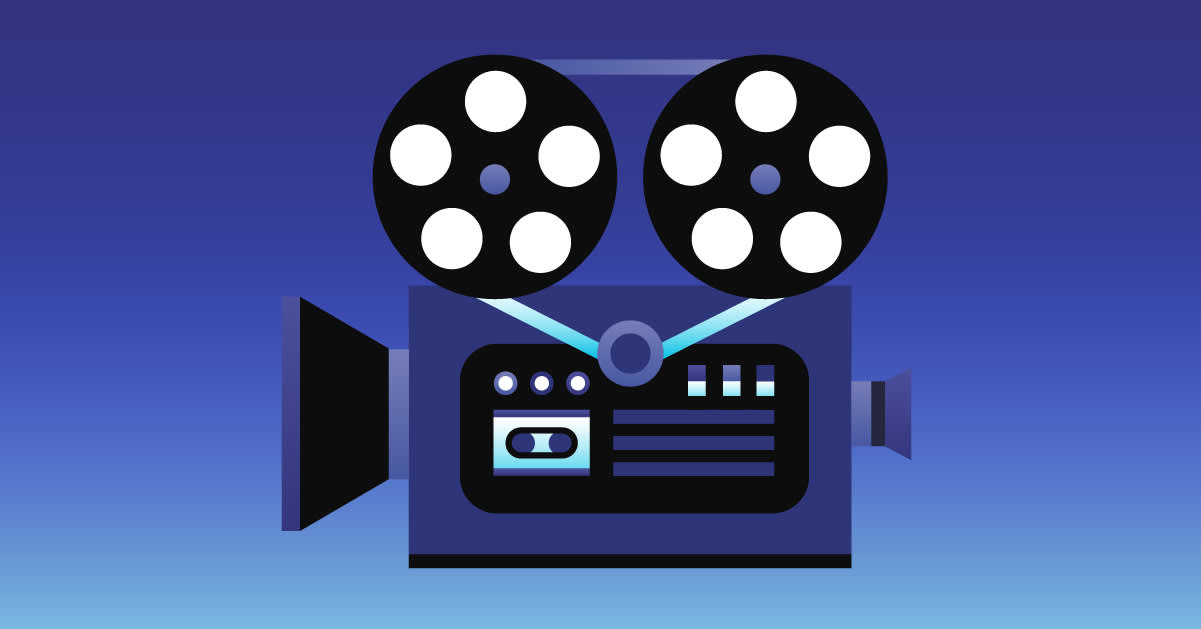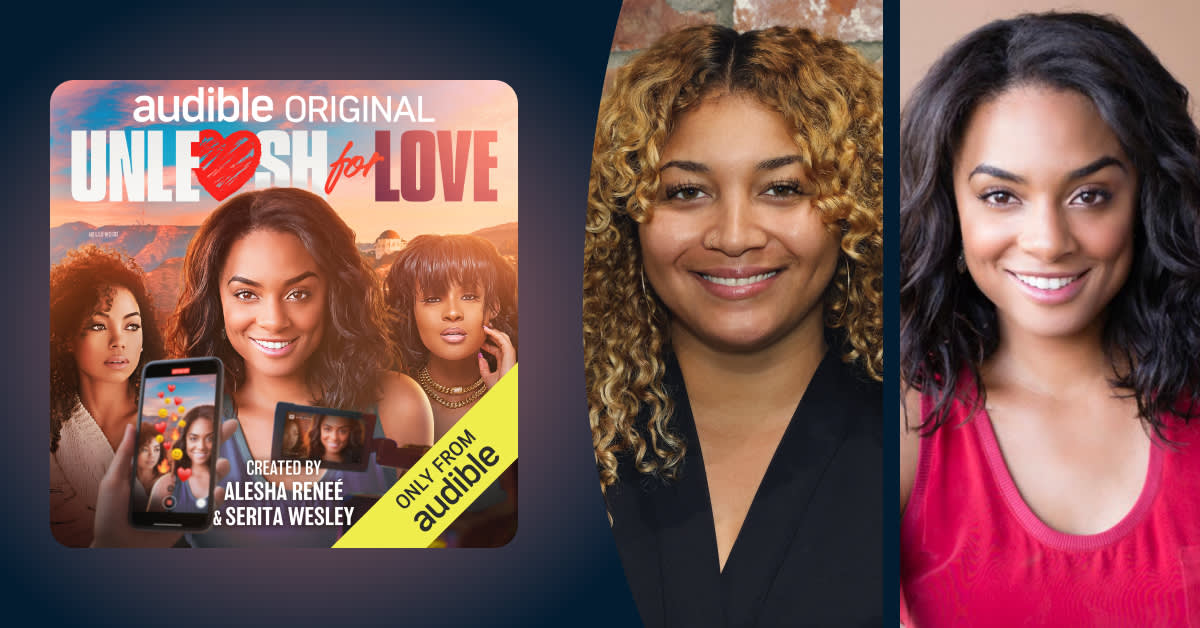Since the dawn of modern art and entertainment, there have been few mediums more simultaneously beloved and reviled than reality television. Since its inception, the genre has sought to strip away the clean veneer of creative professionals in favor of an unscripted, no-holds-barred glimpse into the lives of ordinary people. Reality shows have also, unsurprisingly, long been the topic of both conversation and controversy, with critics lambasting reality as deceptive and rigged at best, and downright abusive or exploitative at worst.
In her latest book, Cue the Sun!, acclaimed television critic and cultural commentator Emily Nussbaum enters the fray, delivering a thoroughly balanced—and totally juicy—history of TV's most talked-about genre. Her take on the shows that you either love or love to hate is conversational, compassionate, smart, and riveting. In the lead-up to her new release, Nussbaum shared her thoughts on moral panic, cast unionization, and reality's surprising staying power.
Alanna McAuliffe: To this day, the popularity of reality television endures, with new iterations popping up and nostalgic favorites finding new audiences. Why do you think the format resonates with so many?
Emily Nussbaum: Allen Funt, the creator of Candid Camera—which began as a very weird, divisive radio show called Candid Microphone—liked to describe his show as “catching people in the act of being themselves,” and decades later, I do think that’s still a lot of the genre’s appeal. It’s a warped mirror for human nature: You get a jolt of queasy authenticity, even if there’s a lot of fakery framing it. Watching regular people get put under pressure—whether they’re on a blind date or starving on a tropical island—is a transgressive, sneakily voyeuristic experience, a little like eavesdropping, in part because you can imagine yourself in their position. Also, people love to judge!
That said, it’s actually hilarious that reality shows have become nostalgic binge-watches! For years, the whole idea is that they were flash-and-burn phenomena—hot, cheap ratings magnets that no one would ever want to watch again.
In your previous book, I Like to Watch, you examined which stories have been historically granted more artistic and critical weight and which were dismissed as trivial. It’s a conversation that extends to the focus of your latest, as reality television is often derisively dismissed as a “guilty pleasure.” What do you make of such critiques, and why do you think we so often ascribe such morality to the perceived quality of the media we consume?
In Cue the Sun!, I call reality TV “dirty documentary”—it’s what happens when you take highbrow, morally virtuous “cinema verité” documentary, the stuff of film festivals, then cut it with some speedier, more vulgar commercial TV format, like soap opera or game shows. Presto change-o, you’ve got a blockbuster! The creator of Cops, John Langley, had a big argument with me about the whole prestige thing—from his POV, he had been filming a cinema verité series about poverty and criminal justice that people looked down on just because it was on the Fox Network.
"If these shows are scandalous spectacles, that just makes them harder to look away from. The blockbuster ratings and the outraged press always go hand in hand."
I didn’t agree with Langley, but I understood his point: The judgments we make about what’s trashy and what’s classy are shaded by all kinds of biases, a lot of them invisible. My colleague K. Sanneh once called reality television “the television of television,” which is exactly right: It took over the “boob tube” slot once television went all HBO and started getting compared to novels and movies.
The thing is, you can’t really separate reality TV from the moral panic it inspires. If these shows are scandalous spectacles, that just makes them harder to look away from. The blockbuster ratings and the outraged press always go hand in hand.
Reality television is often criticized for its lack of ethics, be it the dubious methodology of dating shows or the harm done by weight loss competitions. Do you feel that creators have any kind of moral obligation or responsibility to their viewers when crafting unscripted programming, or are these more complicated, questionable dynamics inherent to the genre?
Yeah, I actually think reality creators have huge moral obligations to the people on their shows, and also to the people who make these shows. The entire genre began as an economic gambit as much as a creative one, a way to grind out low-budget content without having to pay writers or actors. In modern Hollywood, working on a reality show is still frequently brutal, specifically because it’s largely non-unionized labor—reality is a strikebreaking mechanism. My book documents the early 20th century attempt to unionize reality workers, an effort that flopped completely in large part because people who worked on scripted sitcoms and dramas didn’t have much interest in showing solidarity with field producers on, say, The Bachelor.
As for the people who star on reality shows, their experience is honestly all over the place—some people I interviewed look back on the experience very fondly, while others were traumatized, even on beloved shows. This is not always the producer’s fault: Getting reality-famous is brutal, just because of the way the public responds, even if the show itself is comparatively ethical. But I do think that the contracts people sign when they appear on reality shows—which give producers the right to use deceptive editing and have tight NDAs—should probably be illegal. And although I hadn’t thought all that much about it when I was actually writing the book, I’m in favor of the idea of an organized labor movement for reality cast members, in whatever form.
Our current reality entertainment landscape is so unlike that which saw the initial dawn of reality TV. Do you foresee the growth of influencer content—which similarly seeks to establish an intimate, somewhat improvisational connection with viewers—having any impact on the form or even existence of reality television?
Oh, it already has. For most of reality history, there were famous people and unfamous people—and then there was this wacky new hybrid type of stardom, an unfamous person who went on TV, then got judged by everyone watching them. Now, all sorts of regular old people online have “followers” on Twitter or Instagram, including me. For better or worse, it’s much more normal to be public about extremely intimate experiences, live. So when I watch Instagram and TikTok, what I see is young people seizing back the means of reality production: They’re producing their own mini reality shows and sometimes using them to audition for the “real” ones. I’m not saying that’s a good thing, but it’s 100 percent a thing.
I’m not big on predicting the future of the television industry, though. As I always say, if I knew anything about economics, I wouldn’t have gone into arts criticism.
Are there any other listens on television and culture—be they podcasts or audiobooks—that you’ve enjoyed and would recommend to folks interested in hearing more about the medium?
I just heard that the Loud family—from the 1973 show An American Family, one of the most important proto-reality shows in history—put up their own podcast! So I’m definitely going to listen to that. They were wonderful sources for this book (as were the Raymonds, the couple who filmed the show), and the chapter on An American Family is one of my favorites, so I’m excited to listen to it.
About television in general, a recent favorite book was When Women Invented Television by Jennifer Keishin Armstrong, an eye-opening book about a period I barely knew about, the late 1940s, focused on a group of largely forgotten, fantastically interesting female pioneers who invented the soap opera, family sitcom, and talk show.




